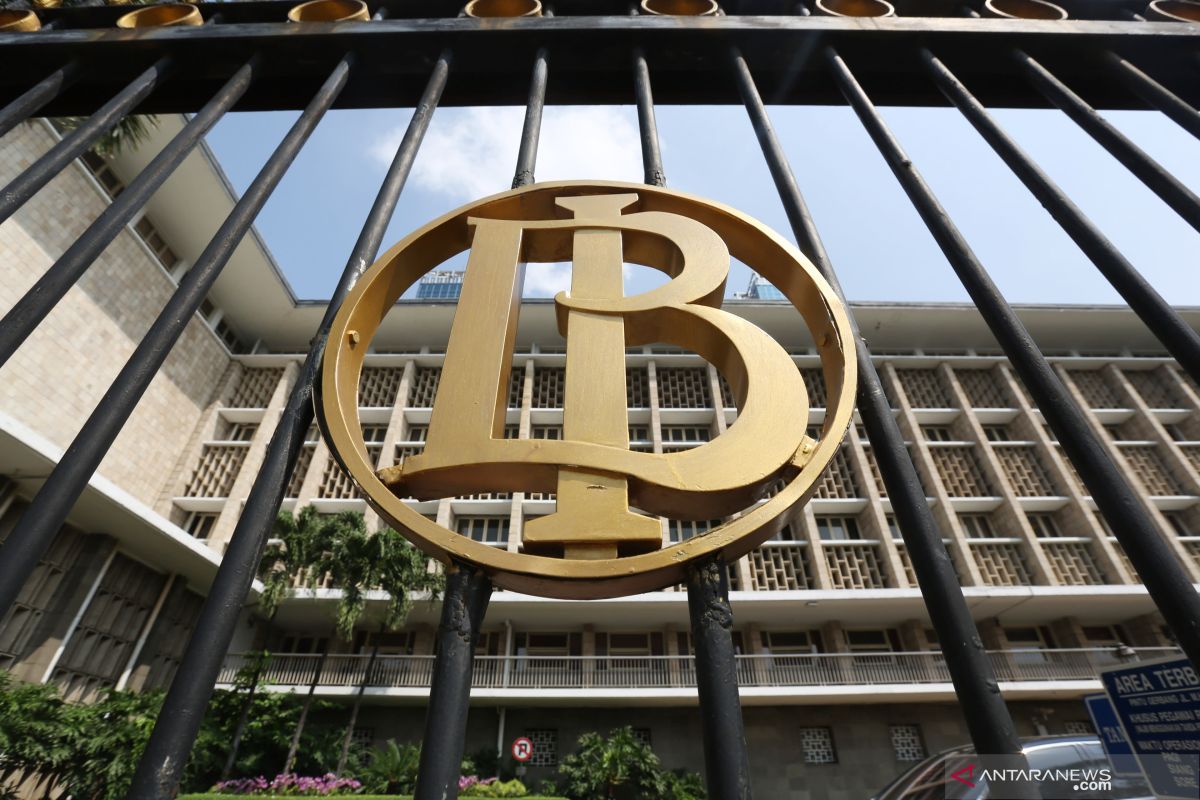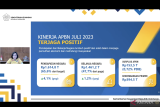Jakarta (ANTARA) - Indonesia's trade balance recorded a US$0.09 billion surplus in August 2019, reversing the previous $0.06 billion trade deficit registered a month earlier.
"The main contributor to the trade surplus in August 2019 was a larger non-oil and gas trade surplus as non-oil and gas imports continued to decline," Executive Director of BI Communication Department, Onny Widjanarko, said in a statement received in Jakarta Friday.
Meanwhile, the oil and gas trade deficit widened on decreasing exports, with imports also tracking a downward trend.
The non-oil and gas trade balance recorded a $0.84 billion surplus in August 2019, increasing from $0.08 billion in the previous period, he remarked.
The larger surplus stemmed from declining non-oil and gas imports, primarily raw materials and capital goods in line with retreating non-building investment activity and sub-optimal export performance.
On the other hand, non-oil and gas exports were weighed down by global economic moderation and sliding international commodity prices despite an uptick of non-oil and gas exports to ASEAN countries, manufacturing exports in particular.
The oil and gas trade deficit edged up to $0.76 billion in August 2019 from $0.14 billion in the previous period by the impact of fading exports in line with lower oil prices, Widjanarko remarked.
Meanwhile, oil and gas imports were also moderated on lower import prices of crude and refined products.
Bank Indonesia considers the current trade surplus recorded in August 2019 as positive in terms of strengthening external economic resilience in Indonesia against a backdrop of strong global headwinds.
Global economic moderation coupled with sliding commodity prices have impacted Indonesia's trade balance, Widjanarko stated.
Moving forward, Bank Indonesia will continue to strengthen policy synergy with the government and other relevant authorities to reinforce external resilience, including the trade balance outlook.










